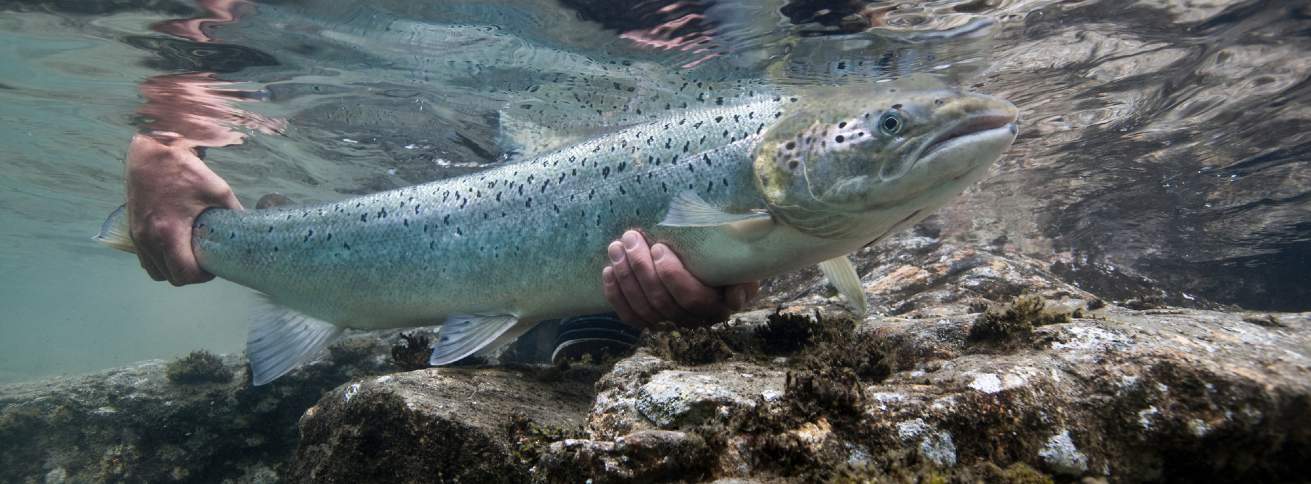Acquiring a fishery is often a discretionary purchase and buyers are generally after one of two things: stretches of larger rivers that have long seasons and beats that can be fished by both boat and wading; or small to medium-sized rivers where fishing by rod is preferred.
When buying land that includes a riverbank it is important to find out whether the fishing rights are included with the sale or whether they are owned by someone else. If the latter, people could have a right of access to your land in order to fish.
Double vs single bank fishing
Double bank fishing rights are more expensive than single bank rights as they give complete control over the exercise of the rights and you do not have to negotiate with another owner. Typically double bank fishing is worth 50 per cent more than single bank. If the river is very wide and both banks can fish without interference from the other, double bank fishing can be worth twice the price of single bank rights.
What are fishing rights worth?
Salmon fishing is valued by the five or 10-year average catch as salmon run up the river from the sea and only rest in certain pools on their way to spawn in the headwaters. Long stretches of bank can be very unproductive if there are no holding pools and you may find pools immediately above and below your beat can have a very high catch rate. While the method for valuing is a specialist area, larger rivers can be valued between £5,000 and £8,000 per salmon, whereas small to medium-sized rivers can be anything between £3,000 and £6,000 per salmon as a current guide.
In Scotland the trout fishing rights run with the land ownership; these tend to command considerably less value, with salmon the species of choice. Salmon rights can be held separately in Scotland, but trout anglers have to give priority to salmon anglers when on the beat.
In England the ownership of fishing rights allows you to fish for all species and can run with the land or be in separate ownership, commanding upwards of £700 per metre for the best chalk streams in England such as the Test and Itchen.
Fishing rights can be leased or sold, but the rental income is small compared to the capital value, with the exception of a coarse fishing lake which is run as a business.
The importance of vehicular access
Bringing a vehicle on site or putting up a fishing hut is only permitted if expressly stated in the title. Vehicle access is important for bank maintenance and access of beats so these factors should be checked before buying any rights. It’s also better to own a strip of land behind the riverbank as well to prevent flies or lines being caught on somebody else's trees or crops.
Responsibilities
Owners of the water and fishing rights must allow the water to flow downstream to their neighbour and cannot extract or impound water with a weir without consent from bodies such as the Environment Agency or SEPA. In addition, fallen trees or other obstructions must be removed to prevent flooding upstream and to allow free passage of migratory fish such as salmon. As ever, with rights come responsibilities.
Further information
Contact Grant Sandilands

.jpg)

.jpg)
.jpg)
.jpg)




